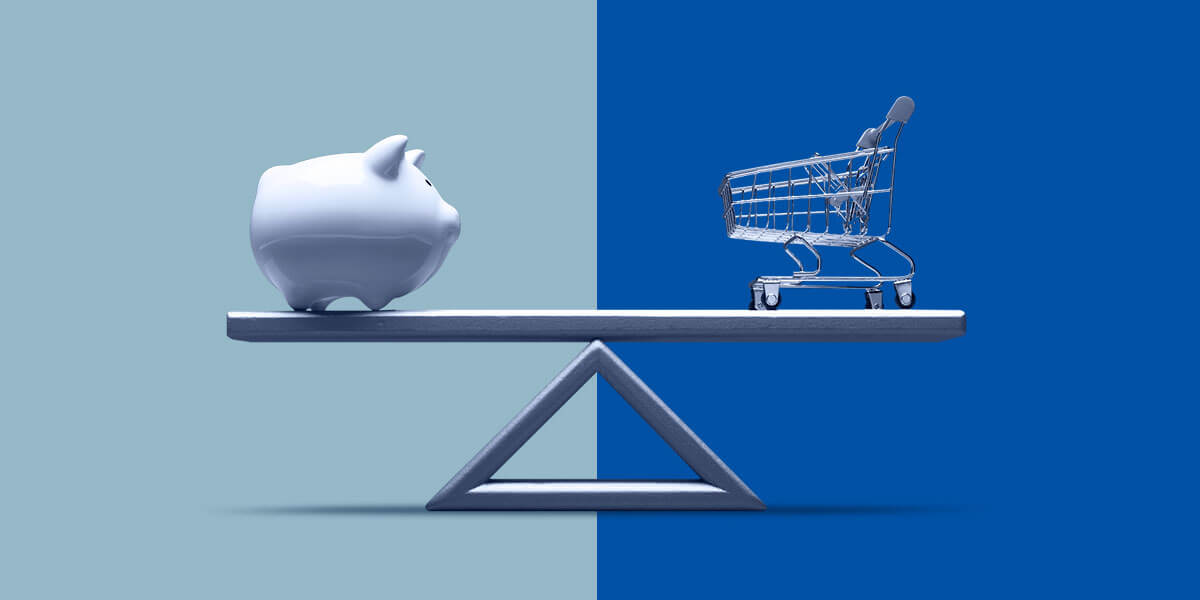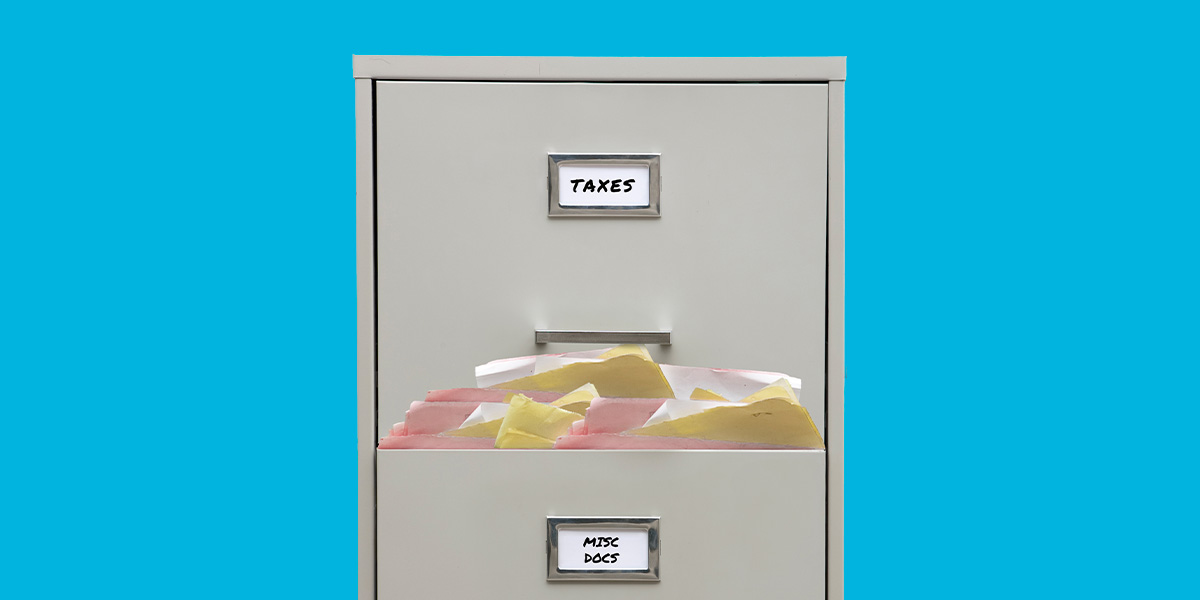-
Personal Banking -
Insights
5 Steps to Take Before Giving Your Teen a Credit Card
Nearly 1 in 5 American teenagers ages 13 to 17 now has a credit card, and the majority of them use their card at least once a week, according to research from TransUnion.
While many parents may worry that their teens aren't responsible enough to handle credit cards, giving them one can help enhance young adults' financial responsibility and positively impact their credit scores long term.
According to Julie Higgins, relationship manager at City National Bank, teaching your offspring about credit cards while they're still young enough to require - and accept - supervision can be paramount to their financial know-how.
“Opening the door to a credit card while they're still at home is a great idea. When children get to college they will be bombarded with credit card offers, so having a solid understanding of credit now is very important," she noted.
Teaching your child about credit cards is also an important step in helping them to establish money management skills before they turn 18, when they will have more freedom to make these types of decisions themselves.
Start With Debit or Prepaid Cards
Before signing your teen up for a credit card, Higgins recommends starting with the basics.
"Start children with a cash allowance so they can have a level of understanding regarding budgeting," she said. “Once they have shown responsibility with cash it's a great idea to upgrade them to a debit card."
A debit card is like "training wheels" to get your teen familiar with using plastic for purchases. It familiarizes them with how to track their bank account balance and budget to ensure they don't spend more than they have.
“With a debit card they can gain a level of understanding of how much that Starbucks really costs or how much a tank of gas will cost for the week. I try to help my kids understand what they need, versus what can be spendable money that week," said Higgins.
After you and your child have struck a healthy balance with debit card spending, then you can consider moving up to a credit card.
Teach Them to Balance Earning and Spending
One of the most fundamental money management skills that you can teach your children is how to budget appropriately.
Whether your child has a part-time job after school or earns an allowance for chores around the house, teaching them how to pay off their credit card bill each month will help them understand that a credit card is not "free money" and must be paid back.
“It's important to teach them that the value of money equals work. They need to understand that if I put this effort in, I get this amount of reward," Higgins recommended.
Beyond the obvious benefits of having children earn money, creating a conversation around spending each month allows children to understand how to become smarter consumers and also encourages them to turn to you to ask about purchases.
Higgins noted the importance of teaching your children to only put purchases on their credit card that they can pay off in full. “Credit cards are designed to be charged, paid off, charged, paid off," she said.
Set up a limit to start and go over the credit card statement at the end of the month with your child to evaluate their purchases and discuss their budget.
Highlight Why Credit Cards Are Beneficial
Once you have decided that a credit card is appropriate for your teen, you want to educate them not only about the responsibility but also the benefits of credit cards.
One of the most important things your child should understand is the importance of their credit score and the long-term benefit a high credit score can have in their lives, from applying to rent their first apartment to getting a low interest rate on a mortgage down the road.
“Teach your children to reach a target credit score around 720 so that they can get the best interest rate when looking to make a large purchase in the future," said Higgins. “By making good credit decisions throughout their lives, children can save hundreds of thousands of dollars."
Be sure to share with them the types of things that can both positively and negatively impact their score, such as late payments, credit usage and credit balances.
Another benefit of credit cards to explain are the cash back or rewards points they can earn.
“Teach them that if they pay off the card in full every month they are essentially getting paid to use it," Higgins noted. “Based on the type of card, you can start to instill an economic mindset where children calculate the benefits that come with different credit cards and compare them."
After they have an understanding of how positive credit card usage can bring them great benefits, you'll need to discuss how the opposite behavior can also carry major consequences.
Discuss the Consequences of Irresponsible Usage
By having an open conversation with your teen about spending, you can emphasize the financial consequences of using credit cards irresponsibly.
“You need to set a limit on the card and then allow them to make some mistakes. Utilize them as teachable moments when they are in a safe zone with you and they will not have life-long negative effects," Higgins recommended.
By allowing your teen to make some mistakes, like reaching their credit limit too early in the month and running out of money until they pay off the balance, they can get a memorable lesson on the importance of budgeting to cover their expenses.
Another popular tool for parents to help their children understand the consequences of irresponsible use is an interest rate calculator. Have your child enter information about their credit card as well as what they have charged on it, and they can see how the balance increases with interest and how long it would take them to pay down the balance if they charge up to the limit.
Give Them a Credit Card Under Your Guidance
Although many parents may be doubtful that a credit card can help their teen, with the proper precautions in place it can promote financial responsibility and maturity.
“Many families do choose to put a limit on the card in order to ensure that the amount can be paid back," Higgins noted.
Whether you feel that your child is responsible enough to discern what purchases qualify as necessary, or you need to define what is appropriate for them to charge, allowing them the chance to use credit responsibly is an important step to raising a financially literate child.
This article is for general information and education only. It is provided as a courtesy to the clients and friends of City National Bank (City National). City National does not warrant that it is accurate or complete. Opinions expressed and estimates or projections given are those of the authors or persons quoted as of the date of the article with no obligation to update or notify of inaccuracy or change. This article may not be reproduced, distributed or further published by any person without the written consent of City National. Please cite source when quoting.





